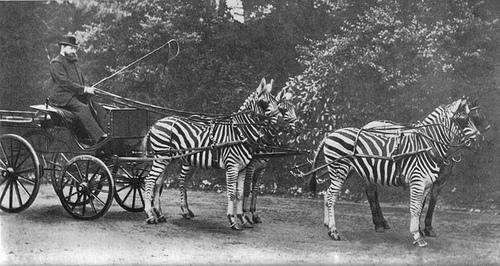
When his second wife died in November 1628, Sir Edward Dering set his sights on a rich London widow. We know this because for some reason he kept a minute journal of his tactics:
Nov. 20. I adventured, was denied. Sent up a letter, which was returned, after she had read it.
Nov. 21. I inveigled G. Newman with 20s.
Nov. 24. I did re-engage him, 20s. I did also oil the cash-keeper, 20s.
Nov. 26. I gave Edmund Aspull [the cash-keeper] another 20s. I was there, but denied sight.
Nov. 27. I sent a second letter, which was kept. I set Sir John Skeffington upon Matthew Cradock [the widow’s cousin]. The cash-keeper supped with me.
Nov. 28. I went to Mr. Cradock, but found him cold.
Nov. 29. I was at the Old Jewry Church and saw her, both forenoon and afternoon.
Dec. 1. I sent a third letter, which was likewise kept.
Jan. 9. George Newman says she hath two suits of silver plate, one in the country and the other here, and that she hath beds of 100l. the bed!
This went on for five months, with the widow hesitating and Sir Edward plying connections with gifts, wine, and money. In the spring she chose another suitor. Edward did marry again — but he neglected to destroy the journal.



